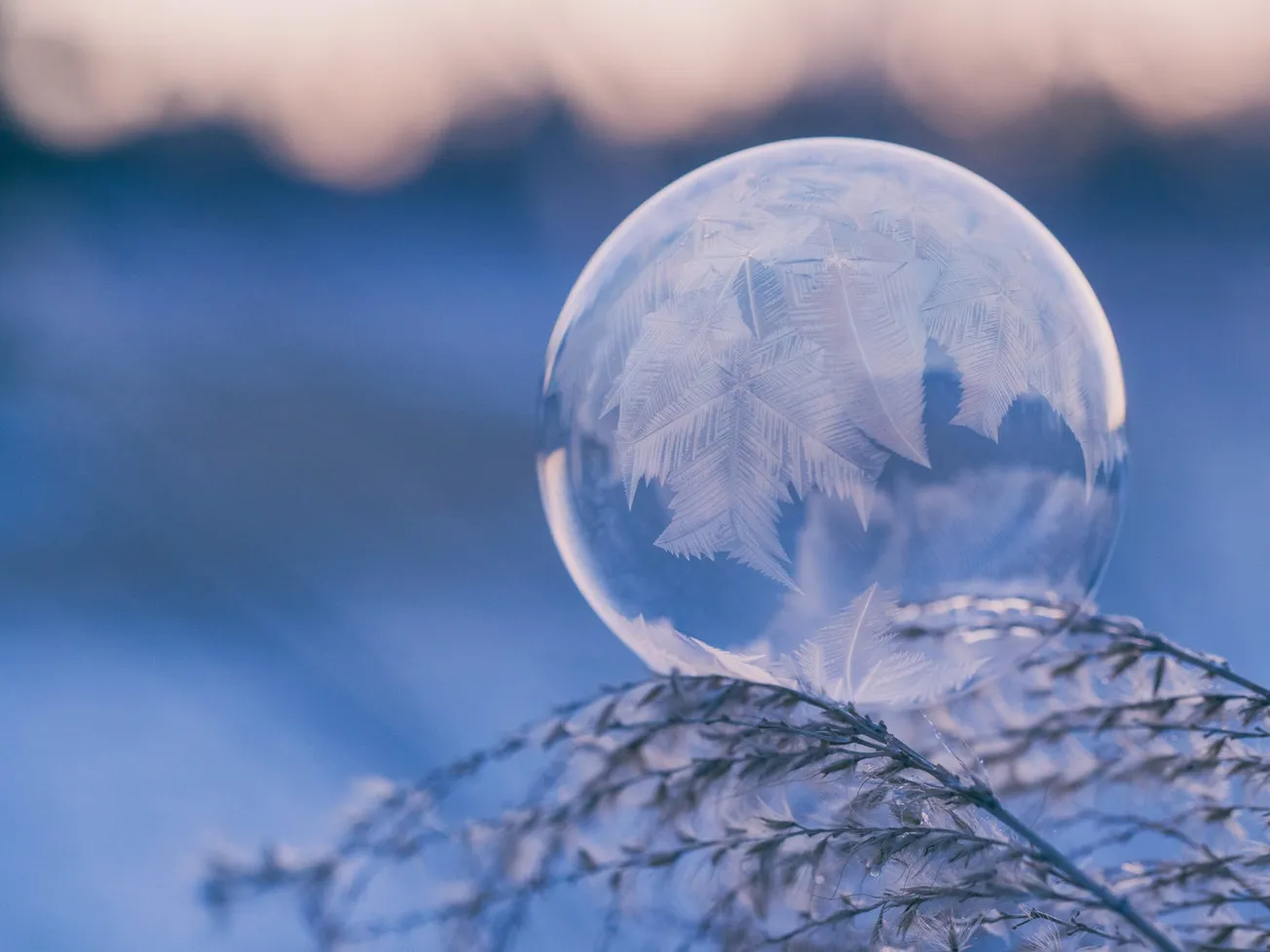Table of Contents
Here’s a headline you won’t read in the mainstream media: 2023 Smashed Cold Weather Records.
Wait, what? How is this possible? 2023 was the year we entered the “era of global boiling”! The UN Secretary-General said so. True enough, but Antonio Guterres also said, hey, those guys beheading babies and raping the corpses of German festival-goers have a point, y’know?
So, yeah, there’s an asshole whose every word I’ll take with a tablespoon or two of salt, thank you.
On the topic of assholes whose word ain’t worth diddly, there’s the mainstream media, who’ve been shrieking their heads off about calamitous heat.
This summer we’ve been told that July was the hottest on record and we’ve been deluged with reports of ‘apocalyptic’ wildfires in the Mediterranean (Spain, Greece and Italy), the U.S., Hawaii and Canada. So, perhaps Mr. Guterres and the climate catastrophists are right? Perhaps we are all destined to die in a planetary fireball caused by our selfish use of CO2-emitting fossil fuels?
Well, it’s not like the media would spread misinformation, now is it?
But misinformation is very far from just plain lies. In fact, the worst forms of misinformation avoid outright lies in favour of misleading information. That is, where information is intentionally skewed, or leaves out major defining details and facts.
Facts like these:
An astonishing –62.4°C was recorded in Tongulakh, Siberia on January 14th. In addition to becoming Earth’s coldest temperature recorded in 2023, the all-time station record was broken in Tongulakh.
On February 4th 2023, the Halifax airport in Nova Scotia saw its coldest wind chills ever recorded, with temperature plummeted to –43°C (–45.4°F). This tops its previous record of –41°C that was set on February 13th 1967 for wind chill. Many other places across Canada also set new daily records, with temperatures lower than –40°C. On February 19th, temperatures in Shepherd Bay, Nunavut dropped to –49.6°C (–57.3°F).
Across the northern hemisphere, record cold temperatures were recorded.
The United Kingdom on Tuesday March 7th braved its coldest night of 2023 with the temperatures dropping to below –15 Celsius in several regions. According to the Independent, a U.K. news portal, the British Met Office revealed that the temperature at Kinbrace in the Scottish Highlands was recorded at –15.2 Celsius, making it the coldest March in the country since 2010.
In February, the summit of Mount Washington in New Hampshire reported a wind-chill low of –78 Celsius (–108 Fahrenheit) — the coldest temperature ever recorded in the United States. Meanwhile, the National Weather Service (NWS) in Caribou, Maine, said it received reports of “frostquakes”. “Just like earthquakes, [they] generate tremors, thundering sensations. These are caused by sudden cracks in frozen soil or underground water when it’s very cold.”
In Boston, where officials closed down the public school system due to the impending freeze, the low temperature hit –23°C (–10°F), shattering the day’s record set more than a century ago, the National Weather Service (NWS) said. In Providence, Rhode Island, the mercury dropped to –23°C (–9°F), well below the previous all-time low of –19°C (–2°F), set in 1918. The Arctic blast flowing into the U.S. from eastern Canada also brought record lows to Albany, New York; Augusta, Maine; Rochester, New York; and Worcester, Massachusetts, among other places.
Okay, that’s just the northern hemisphere, though. It’s not like it was a global phenomenon.
Except…
Sydney experienced its coldest June morning on record on Monday, with a minimum temperature of 1.8°C at Olympic Park, according to Miriam Bradbury, a senior meteorologist at the Bureau of Meteorology. In fact, more than 100 weather stations across Australia registered their coldest May minimum temperatures on record – with regular frosts, snowfall, and below-average rainfall to boot […]
Extreme cold arrived abnormally early in Antarctica, with temperatures dropping to below –75°C from the beginning of May. Following the onset of polar night, winter has started at the South Pole, and with it glacial cold at the Russian research station of Vostok. As early as May 5th a low of –75°C was recorded, while just days ago this fell further to –76.4°C. This marks a new record for the early winter. Daily highs are also plummeting, often just below –70°C on the Earth’s coldest continent.
A sudden and unexpected surge of cold Arctic air engulfed several regions of South America, shattering numerous cold records in its wake.
So, does this mean that, as a climate scientist personally confided to me in the early 80s, “We are on the cusp of the next Ice Age”?
There’s no way to tell from just one year.
But the same applies the other way: a year in isolation no more says “global boiling” than it does “new ice age”.
But that’s not what the elite and their media lickspittles want us to realise.
Our rulers and their compliant media don’t like to mention these record cold temperatures as they don’t fit in with the ‘Earth is boiling’ narrative. And our rulers are desperate to convince us that our planet is overheating, so we need to accept energy insecurity, de-industrialisation, mass unemployment and national impoverishment in order to achieve the totally unnecessary and economically suicidal ‘Net Zero’.
The Daily Sceptic
Meanwhile, communist would-be global hegemon China is happily pumping out more CO2 in a few years than Britain has since the beginning of the Industrial Revolution. It is doing so in order to steal production, industries and jobs from the West.
It seems little exaggeration to call this deliberate, treacherous sabotage.









